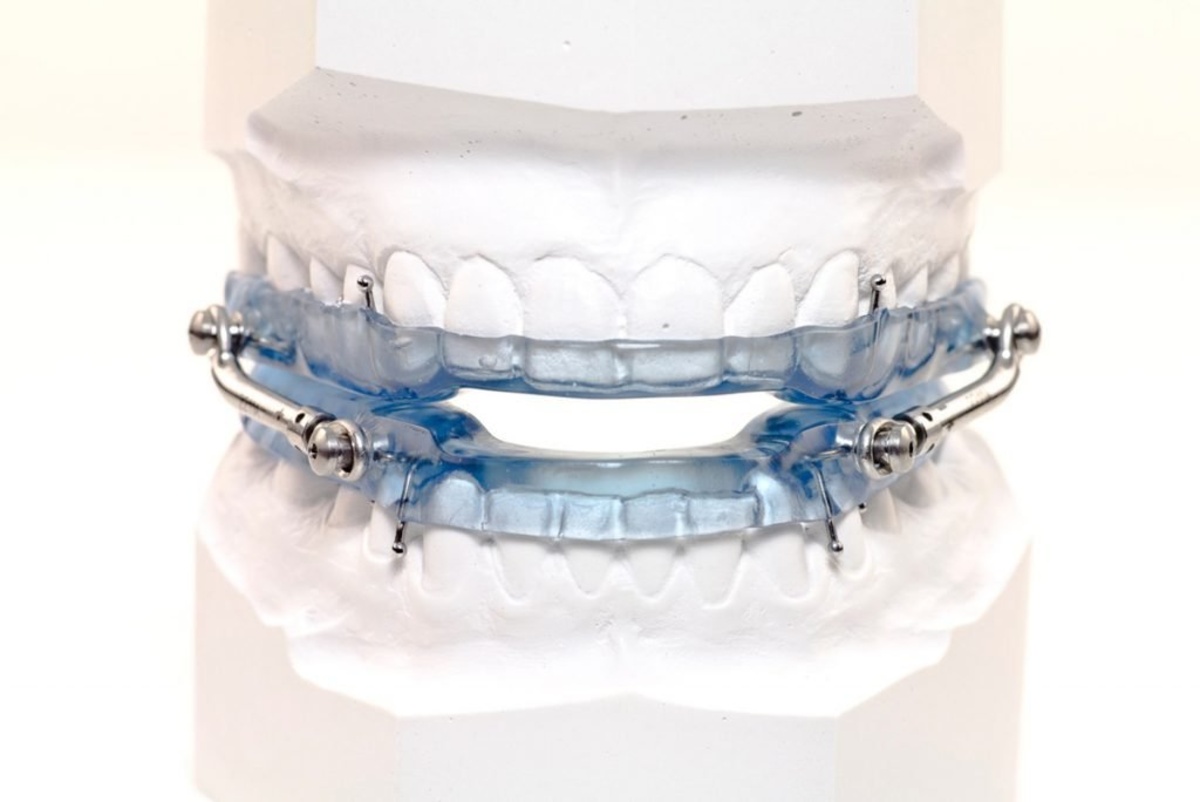Sleep apnea is a disorder that causes problems with how you breathe while you sleep. Most people will simply stop breathing for a few seconds multiple times throughout the night. If this happens, they may feel tired when they wake up, and it’s overall not healthy for them in general. Luckily, one of the most comfortable and easiest solutions is by using mouth devices to stop snoring and improve breathing.
If you want some effective help, a dentist in Chaska & Mound will be able to recommend and fit you with an oral appliance to improve health and sleep.
What Is Sleep Apnea?
Sleep apnea can happen for a few reasons, but the most common is obstructive sleep apnea. Sleep apnea occurs when your airway is blocked while you are sleeping. When you sleep, the soft tissues in the back of the throat relax too much, causing the blockage.
Signs of sleep apnea
- Loud snoring
- Gasping while sleeping
- Waking up with a dry mouth or feeling tired
- Waking up with headaches
- Inability to focus, and feeling fatigued during the day
The good news is that there are several sleep apnea treatment options, and many do not involve machines or surgery.
What Are Mouth Devices for Sleep Apnea?
Mouth devices for sleep apnea, also known as oral appliances for sleep apnea, are small devices that you wear inside your mouth when you go to sleep.
They can avoid airway collapse by keeping their jaw or tongue in a forward position.
These orthodontic devices can help decrease sleep apnea in people with mild to moderate cases or who cannot tolerate other treatments such as CPAP machines.
Types of Oral Devices
There are essentially two types of devices used in treating sleep apnea treatment:
1. Mandibular Advancement Devices (MADs)
- These are like mouthguards and position your lower jaw slightly forward to hold your airway open.
- They are most commonly prescribed by dentists.
2. Tongue Retaining Devices (TRDs)
- These devices hold your tongue in place so that it cannot block your airway.
- They are helpful for people who have issues with the MADs.
Both devices are customized by a dentist in your area to fit and be the most beneficial for you!
How Oral Devices Treat Sleep Apnea?
The main issue related to sleep apnea is that your airway becomes blocked during sleep, which adversely affects breathing and can decrease the level of oxygen in your body.
How oral devices treat sleep apnea may be your question, but here are some of the answers:
- Jaw or tongue position: They adjust the position to prevent soft tissue collapse.
- Improved airflow: With a clear airway, you breathe smoothly and get better sleep.
- Reduced snoring: Less vibration in your throat means quieter nights for both you and your partner.
Benefits of Sleep Apnea Mouthpieces
There are many benefits of sleep apnea mouthpieces, especially when compared to CPAP machines, such as:
- Easy to Wear: They’re custom-fitted and lightweight, making them easy to get used to.
- Silent: Unlike machines, oral appliances don’t make any noise while you sleep.
- Travel-Friendly: You can carry them easily while travelling- no batteries or wires needed.
- Non-Invasive: No surgeries or masks. Just a simple device is placed in your mouth.
- Improved Quality of Life: Better sleep means better mood, focus, and overall energy during the day.
Many patients also find relief from snoring with mouth guards for sleep apnea, improving sleep for everyone in the household.
Who Can Benefit from These Devices?
Oral appliances work well for:
- People with mild to moderate sleep apnea
- Snorers without severe apnea
- People who dislike CPAP machines
- Those who travel often
- Individuals with dental and jaw structures that support the device
A dentist near you will examine your teeth and jaw to see if this solution is a good fit.
Process of Getting a Sleep Apnea Mouth Device
Getting started is simple and includes a few steps:
- Evaluation: Your doctor or dentist will review your symptoms and may recommend a sleep study.
- Custom Fitting: Once you qualify, your dentist will take impressions of your teeth to create a custom-fit device.
- Adjustments: You may need follow-up visits to fine-tune the fit and make sure the device is working.
- Regular Checkups: Routine appointments will ensure the device continues to work effectively and comfortably.
These steps are important to make sure your sleep apnea treatment in Chaska & Mound is successful and long-lasting.
Are There Any Side Effects?
Some users might feel slight discomfort when they first start wearing the device, such as:
- Sore jaw
- Dry mouth
- Tooth discomfort
- More saliva than usual
These issues usually go away once your mouth adjusts to the appliance. Your dentist can make small changes to improve comfort if needed.
Sleep Better. Breathe Easier. Smile Brighter!
If you’re struggling with snoring or sleep apnea, don’t ignore it. You deserve better sleep, more energy, and healthier days ahead. At West Lakes Dentistry, we provide custom-made oral appliances designed for comfort and effective sleep apnea relief. At West Lakes Dentistry, we combine advanced dental technology with personalized care to ensure every patient feels comfortable and confident. Our experienced team offers a wide range of dental services, including sleep apnea solutions tailored to your unique needs. With convenient locations in Chaska and Mound, we make high-quality care easily accessible for your entire family. Contact our friendly team today to take the first step toward peaceful nights and brighter mornings.

